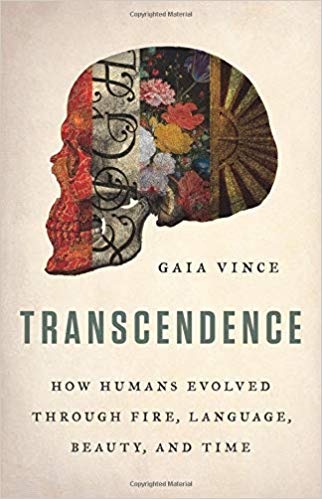
Embrace Learning-Based Games for Children by Craig Middleton will give parents and teachers some idea about how to use games in a developmentally appropriate manner. If you aren’t playing word and number games with your kids it may be time to start. Thanks, Craig.
Introduction
- Games are often considered as a fun tool to distract a child or something to play on a rainy day, however, games can also offer a wonderful benefit to children. Through many stages of childhood, kids can play games to enhance their development, build skills and also have a great time. While these vary by age group, there are games for almost every age, so consider these as you look to game options for your students or children.
Memory Games<
- Games that test a child’s memory and allow them to practice are a wonderful tool as their young minds grow. For young children, this can begin with recognizing, memorizing and simple matching of a few variations of shapes and colors or animals that are flipped to conceal the card. This game can provide children with the opportunity to practice their short-term memory and work to build that muscle. With memory games, it is important to utilize age-appropriate tasks. By offering a toddler a memory game involving many options and choices, you may find yourself with a frustrated, melting down child, as this is developmentally beyond their means. As children age, using the same game with increased variations and options can increase the level of difficulty and challenge them further. This may include subjects of art, locations and people to add additional obstacles to navigate.
Language and Letter Games
- Letters are introduced to children at very young ages, however, discerning their properties and understanding how letters go together will come at a much later developmental stage. Age-appropriate language games that involve the use of letters can be a fun way to embrace learning and supplement their education at home. Whether you are choosing a game that matches one letter to reflect the first letter of a corresponding picture for a young child or using letter gram games to utilize your kiddo’s vocabulary, there are limitless options. The importance of choosing games that can support the development of language, letters and words can be influential and helpful as your child gets older. Additionally, by gamifying language, you find yourself making learning fun and enjoyable while supporting their development.
Math and Number-Based Games
- Just as learning language skills can be influential in a child’s life, so can be learning numbers and math. Not everyone associates the concept of fun and enjoyment with math and numbers, as these tend to be analytically based concepts. However, by offering an entertaining outlet, we can teach them that the analytical areas can be just as fun. Many games offer children the ability to practice math skills and number-based tasks. For younger children, this may be adding simple numbers to understand the scoring system of a game and for older children, they may be able to practice logical reasoning and numbers with a game like sudoku. For all of these options, children find themselves practicing the use of numbers and reasoning, benefiting their education and building skills while playing and enjoying the landscape that is educational games.
Social Skills
- Developing social skills is a pivotal component of a child’s progression and can be essential as they grow older. Many games, including some of those listed above, can offer the practice of social skills, whether that be sharing, taking turns, offering explanations or any other variety of human interaction. By providing children with the opportunity to engage with others and learn various social skills, we can engage them in a practice that will be increasingly influential as they age. While many games focus on the sole purpose of establishing and putting social skills into practice, countless games offer these same benefits just by the nature of being a game.
- While the importance of games can often be quickly looked over, it is important to acknowledge the influential nature of games on learning. Not all games will offer children the same benefit, but there are opportunities to enhance their learning experience and enjoy some entertainment all at once.
Craig Middleton
- Craig is a New York City-based retired business consultant, who is an expert in education and cultural trends. He has a Masters of Business Administration and a Masters in Education from St. Johns and loves sharing his knowledge on the side through his writing. If you have any questions or comments you can direct them to Craig at craigmiddleton18@gmail.com.










